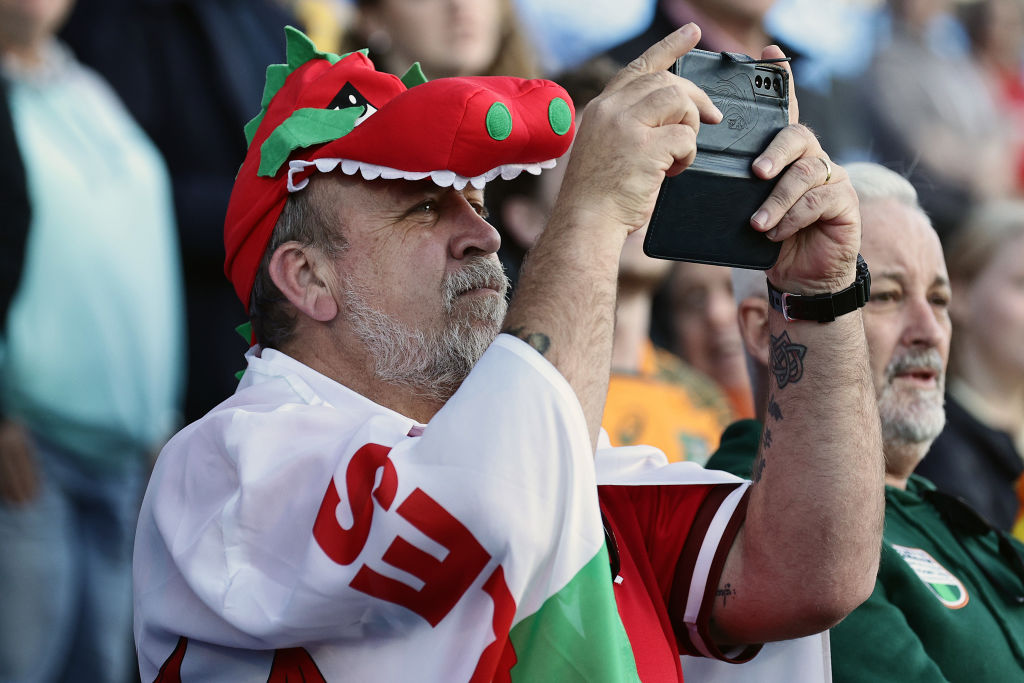These are the sports that Gen Z is choosing over rugby and cricket, says EY

Gen Z is turning its back on rugby, cricket and tennis in favour of boxing, basketball and badminton, according to a new study on the shifting landscape of sport consumption by EY.
Rugby union remains among the top five sports for engagement among UK adults but does not even make the top 10 for Gen Z adults, classified as aged between 18 and 24.
Cricket, tennis, cycling and running also rank lower for engagement in that age group, where boxing is second only to football and basketball and badminton are in the top five.
Football is the No1 sport for UK adults in general and those from Gen Z, while Formula 1 is also in the top three for both demographics.
The EY Sports Engagement Index canvassed more than 4,000 UK adults and defines engagement as participating in or actively following a sport on TV, online or social media.
“The power of sport to bring together people from different parts of society is what makes it part of our national psyche. However, it’s clear that engagement levels vary significantly across demographic groups,” said Tom Kingsley, Sports Industry Group leader at EY.
“For established sports such as football, rugby and cricket to maintain their relevance in the future they need to learn more about their engagement base.
“Sports and governing bodies should use these insights to make strategic decisions that will drive the evolution of this engagement base, while sponsors and investors will need to carefully consider the commercial opportunities available and understand where to place their bets in the future.”
Esports also made the Gen Z top 10, while mixed martial arts, weightlifting, dancing, table tennis and volleyball ranked among the top 15.
“Gen Z adults are redefining the sporting landscape, revealing areas of untapped potential,” said Tal Hewitt, sports strategy lead at EY-Parthenon.
“Sports such as basketball and badminton are resonating with this influential demographic, while wellness activities, Esports and dancing are changing the definition of what a sport is.
“It’s crucial that investors, sponsors, governing bodies and the sports themselves recognise the importance of this highly engaged age-group which is shaping the future of sport.”
The survey found that 71 per cent of men but just 45 per cent of women had engaged in sport in the last 12 months. Adults aged 35-44 were the most engaged, but participation levels were at their highest in the 18-24 age group.
